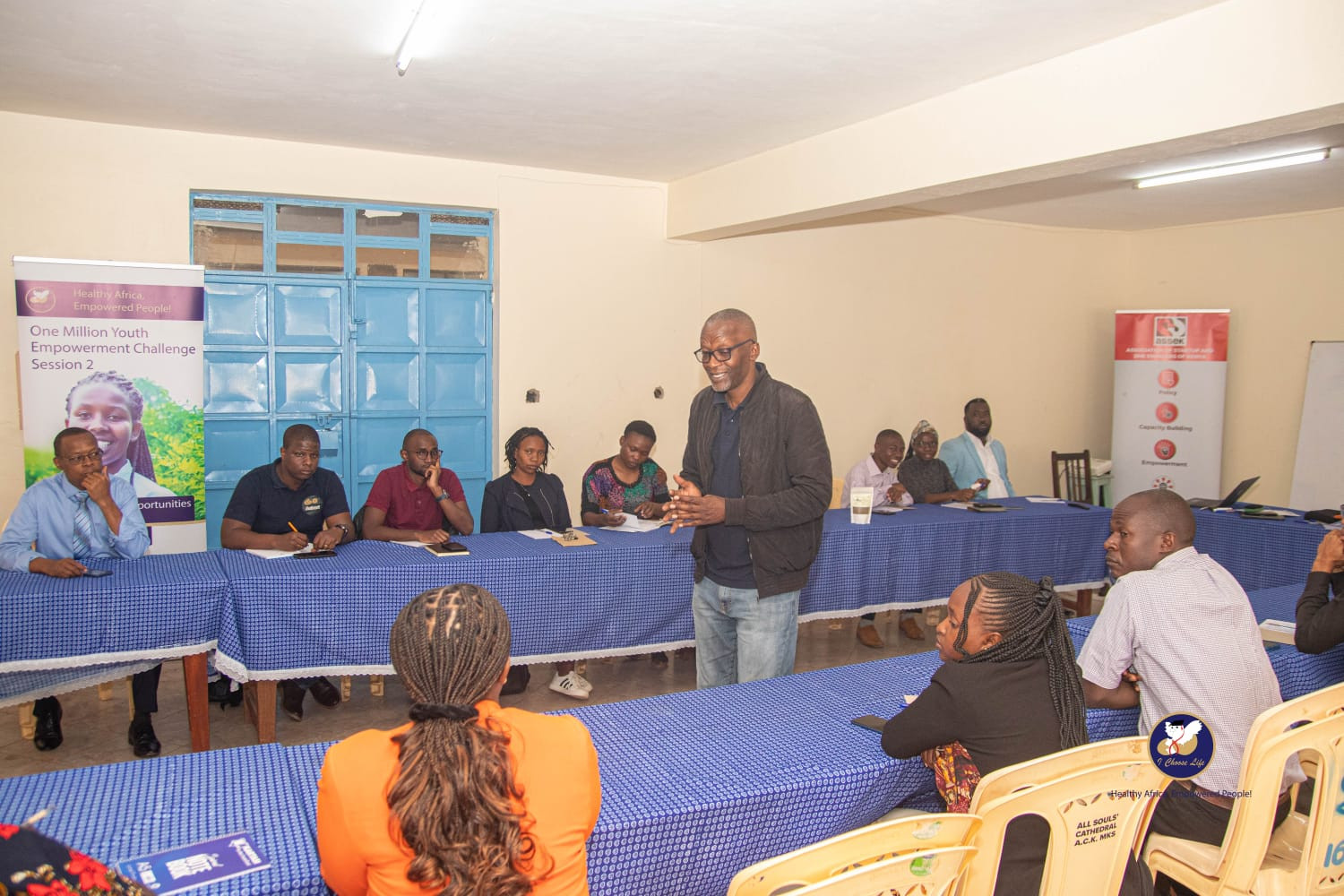Invest in Africa, World University Service of Canada partner to enhance ESG integration for WSMEs

Do business entities have a broader role in society or do they only exist to make profits? This concern constitutes the sentiments of many business stakeholders recently, including investors and consumers, who are deliberately pushing businesses to be accountable for how they make the world a better place.
Invest in Africa (IIA) partnered with the World University Service of Canada (WUSC) to enhance the integration of ESG (Environmental, Social, and Governance) sustainability and reporting by women small and medium enterprises (WSMEs). The initiative is targeted at Kenyan WSMEs, particularly those owned by young entrepreneurs, to adopt sustainable business practices. Through gap analysis, capacity building, and technical support, the WSMEs will develop and implement ESG strategies and action plans to be more responsible for society and attract pivotal stakeholders, including investors.
There has been mounting pressure for businesses to integrate ESG reporting and accountability, especially from investors and regulators. For example, the Kenyan National Securities Exchange (NSE) recently published an ESG Guidance Manual requiring comprehensive ESG disclosures and reporting for listed companies. Such pressure and the ensuing actions translate into a systemic transformation to ESG integration that requires business players, including MSMEs, to follow suit.
ESG integration and reporting create a huge commercial advantage for small and medium enterprises; it not only enables them to appeal to a wider investor base but also enhances their access to the market from corporates and market blocks that are weighing ESG responsiveness from their supply chains. However, the willingness and capability of MSMEs to integrate ESG are deterred by limitations of size, skills, and knowledge, in addition to struggling with the more immediate survival challenges. WSMEs face additional challenges due to gender inequality, damaging gender stereotypes, and sexist attitudes.
This Initiative by IIA and WUSC comes in handy to ensure that WSMEs can be part of the migration into ESG criteria and attract more stakeholders through enhanced accountability. The program will specifically sensitize the need for MSMEs to participate in green transition and the impact of gender inequality in building sustainable businesses. Through diagnosis and identification of the existing ESG integration gaps, the program will integrate business coaching support for the WSMEs to draft their ESG sustainability policies and action plans. The program further involves technical support for the WSMEs to effectively implement the ESG policies and action plans and incorporate the necessary structures and tools, including financing pitch decks, to target ESG investors and other stakeholders.
Through this program, WSMEs will be positioned to access sustainability funding, including climate change financing and trade, and collaborate with like-minded peers and ecosystem actors. The initiative will also ensure that the WSMEs can contribute to the shift to key ESG sustainability aspects, such as the global green transition. By implementing ESG policies and action plans, the enterprises will enhance their responsibility to people within their operations and the communities in which they operate.
IIA’s purpose is to prosper African economies through sustainable development. The organization acknowledges the need to accelerate trade and investment with MSMEs toward building an inclusive economy that is growing sustainably for all. The initiative to drive ESG responsiveness for WSME aligns with IIA’s goal of empowering enterprises to create sustainable economic prosperity and engendering the inclusion of women in enterprise development. “Invest in Africa is working to forge a better world by promoting responsible and sustainable enterprises. This initiative by IIA and WUSC to drive ESG integration and reporting by women enterprises is a vital move to enhancing the feasibility of a systemic transition to sustainability”, said Terry Kinyua, IIA-Kenya Country Manager, during the commissioning of the program.
It is prudent for business entities to set clear and measurable ESG sustainability goals, put in place ESG strategies, make budgetary allocations for ESG policy formulation, implementation, and compliance, and communicate the ESG strategies and policies to key stakeholders such as employees, customers, and partners. With regard to their capacity and predominant focus on survival, MSMEs are encouraged to start small and leverage the available support, such as the initiative by IIA and WUSC, to adopt robust ESG policies and incorporate all the vital ESG sustainability elements.







